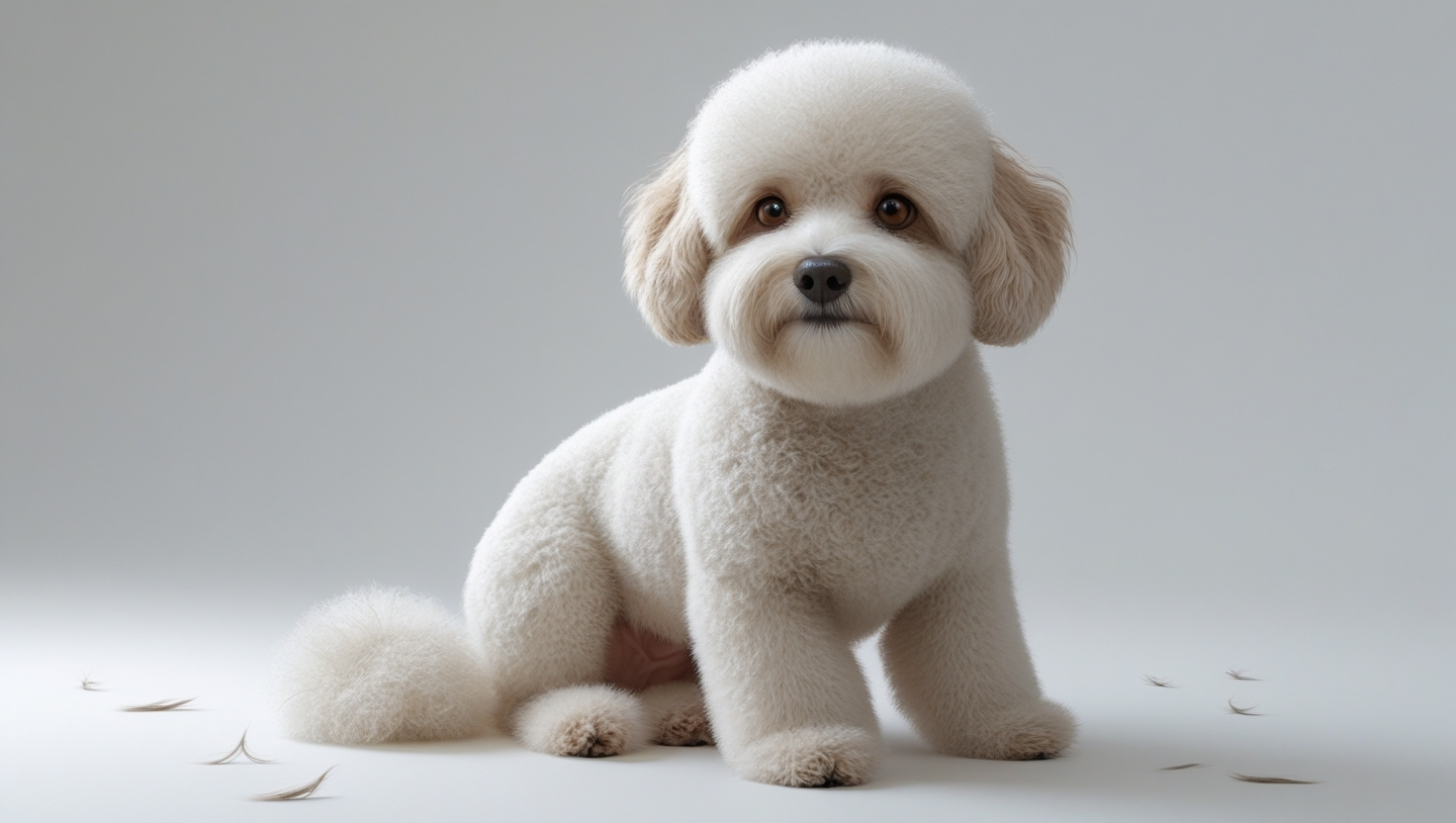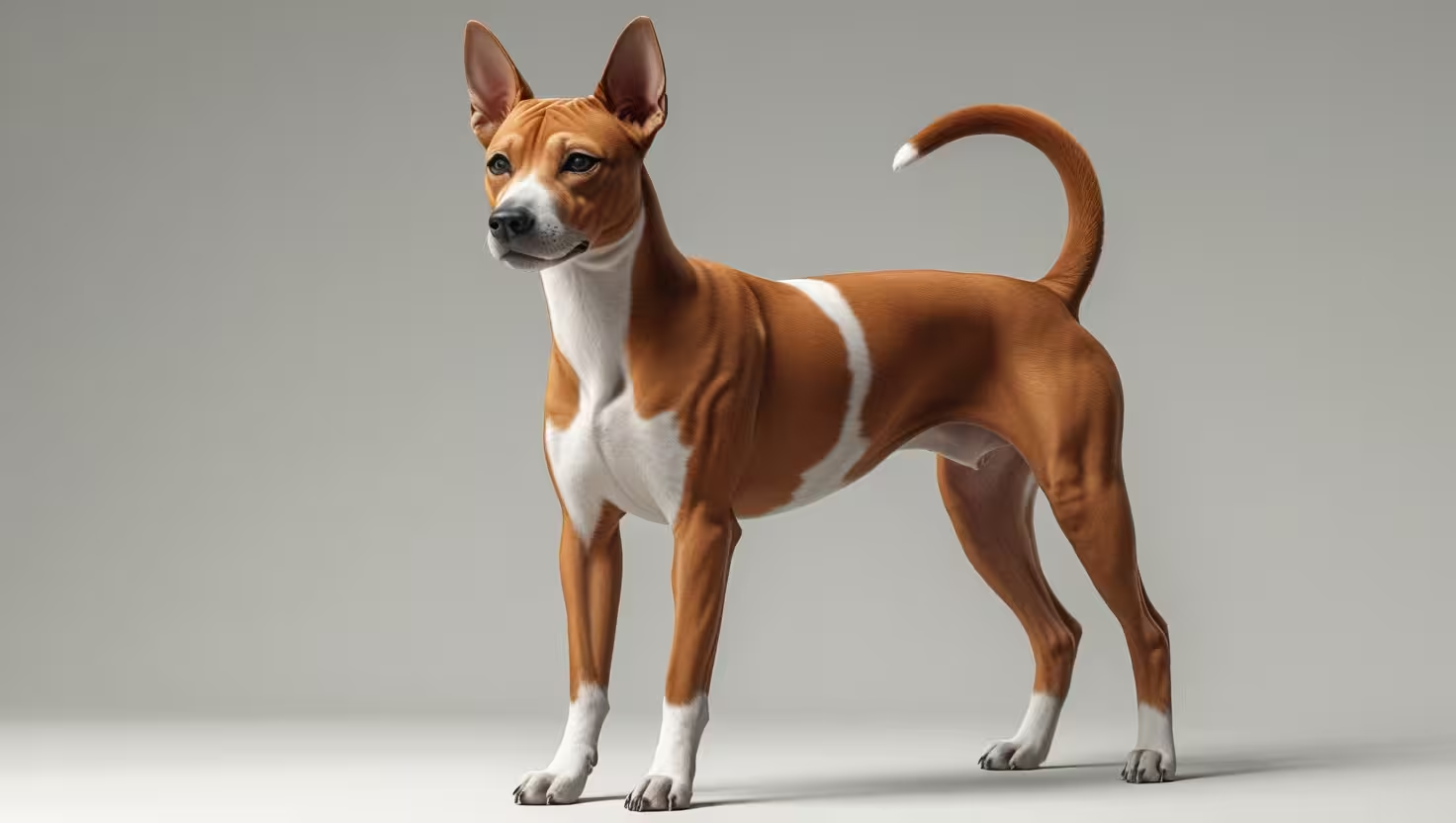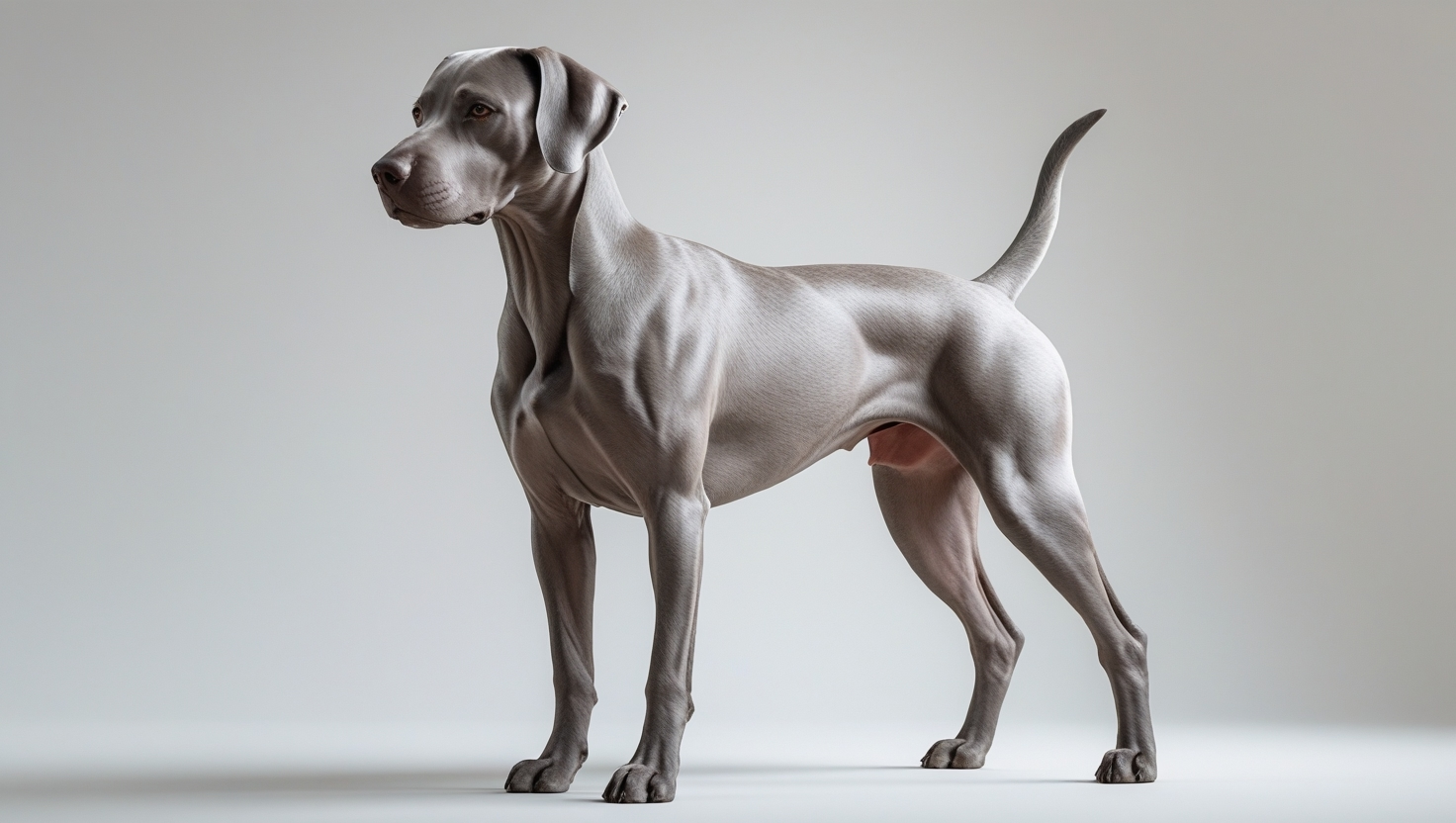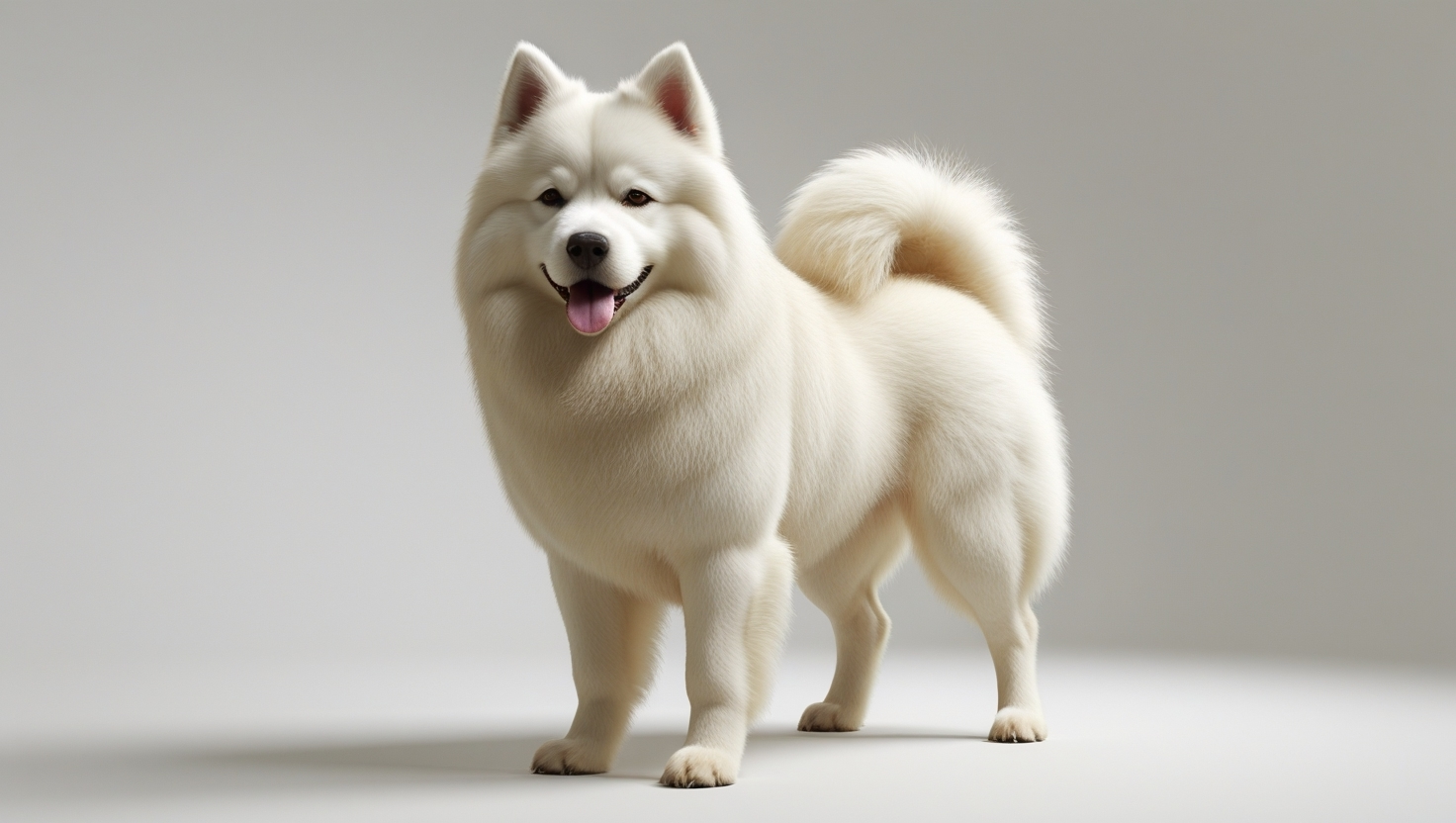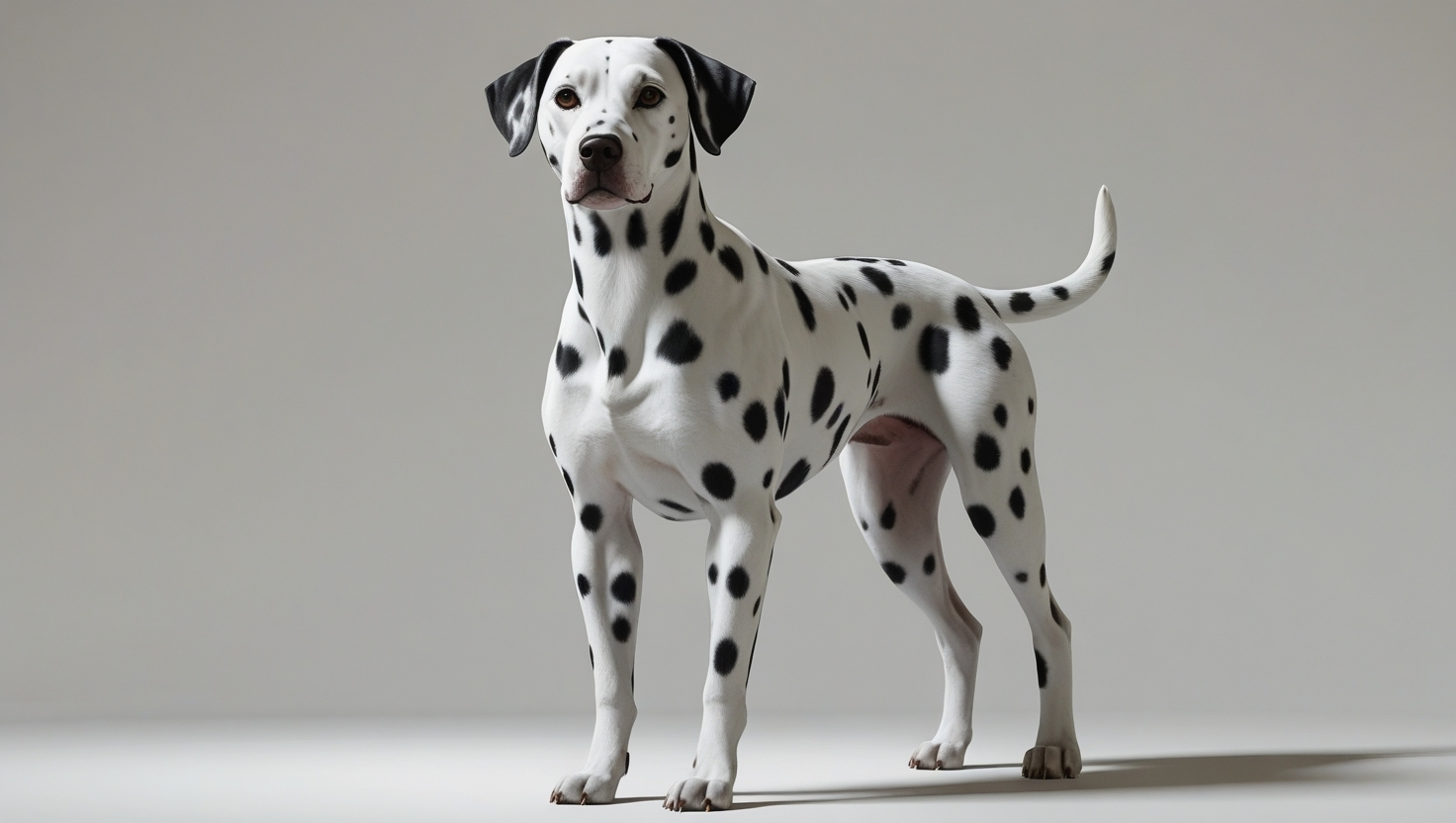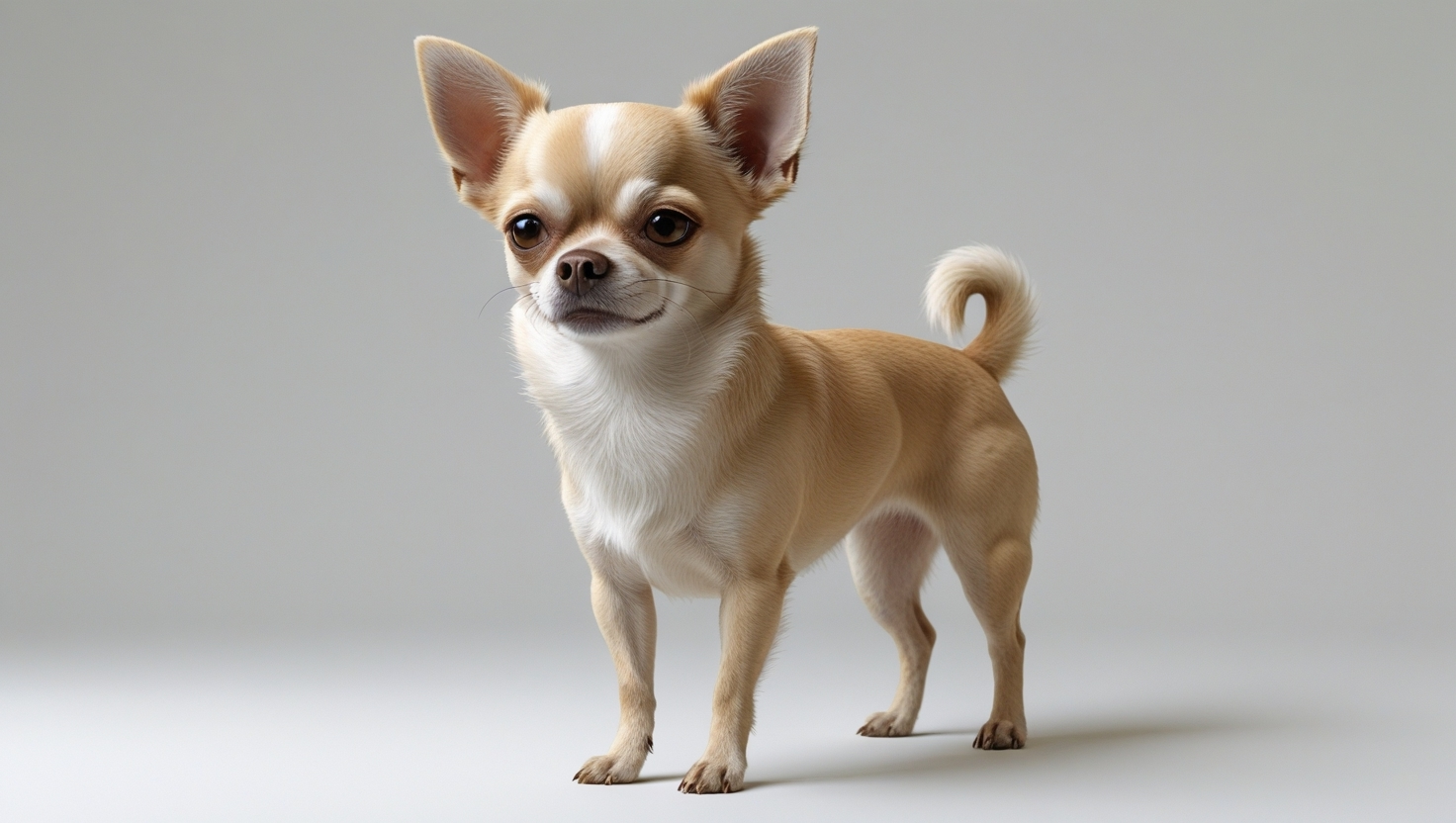The
Bichon Frisé is a breed full of unique and interesting traits that make it one of the most beloved dogs in the world. Here are some facts you need to know:
- Naturally hypoallergenic: The Bichon Frisé’s coat is ideal for people with allergies as it sheds very little. Additionally, its soft, curly texture helps trap dander, minimizing allergens. However, the coat requires frequent brushing to prevent mats and keep it looking impeccable;
- Love company: These dogs are extremely sociable and hate being alone for long periods. They are known for forming deep bonds with their owners and may show signs of anxiety if they don’t get enough attention. They are always ready to interact and follow their owners around the house;
- Adaptable to any space: These dogs are small but very versatile. Whether in a compact apartment or a large house, they adjust well as long as they have a cozy spot to rest and a proper exercise routine with playtime and walks;
- Unique and captivating expression: Their large, round eyes, combined with their small snout and fluffy coat, make them look like a living stuffed animal. This adorable appearance is one of the main reasons people fall in love with this breed;
- Love to play: Although they are calm dogs, the Bichon Frisé loves to play, whether with their owners, other pets, or even alone with their favorite toys. They have moderate energy levels and are excellent for families with children who enjoy fun activities.

